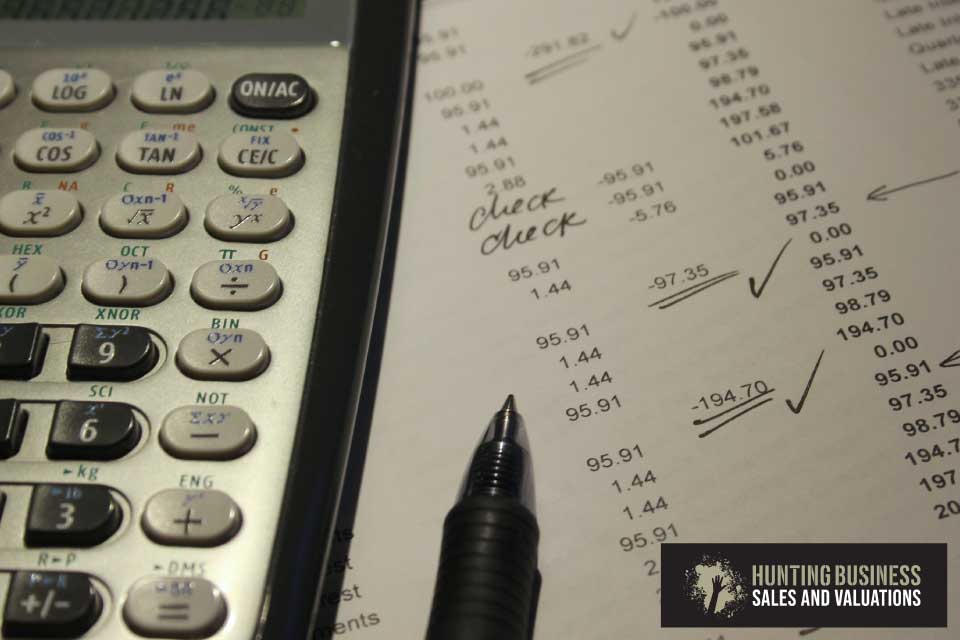An Uncommon Practice – Purchasing a Business
While at a population level, the buying and selling of businesses is a practice that supports large industries, at an individual level, it is an uncommon practice. It is about as common as having a child and brings with it many of the mixed feelings of that process. Especially the anxieties.
I have spoken to many buyers who have been diligent in preparing their resources for the day that they can purchase a business but do not know about the process of securing the business they have placed their focus on.
Often it is because the hardship they have had to endure to get to the position where they can purchase a business places a reticence on their willingness to make an offer and enter the purchase process.
The Purchase Process
One reason for this is that the buyers do not know that there is a purchase process.
This means that they are unaware of one of the biggest benefits of entering a process to purchase a business and that is the chance to verify the financial data the business provides prior to committing to having to purchase it.
Many inexperienced buyers ask if they can interrogate tax returns, enter the premises to check operations, speak to staff, and undergo training to see if they can run the business. All this even before making an offer on the business.
I have not met many sellers who will entertain this level of intrusion other than based on a contract that is fair to them as well as the buyers.
My most recent experience is a case where a buyer wanted to enter the business for a day or even half a day to satisfy herself regarding the performance of the business.
This became apparent only after some gentle interrogation of the buyer. I suggested the seller would not allow this and that even if the seller allowed it, I would not be recommending it.
It is a process set up to fail because the seller may expect to show that the business is genuine in its operations, offering no impediments to a buyer taking it over.
While the buyer really wants to interrogate the books of the business and speak to staff about the prospective sale. All this when the staff may not even be aware of the prospective sale.
I found out that the buyer really wanted to do two things. Confirm the profitability of the business and figure out if it was a business, the buyer could operate.
Preparation of a Contract
This is where I pulled out one of the greatest tools in the kit of a business broker. A draft contract (or a heads of agreement). It outlines the process by which a buyer and seller can satisfy all their requirements.
Reading a draft contract is an uncommon practice for many. However, modern contracts are easy to understand.
Many first-time buyers do not realise that there is a process of due diligence that allows them to interrogate and confirm the financials of the business. A draft contract can show them this and lead to a discussion whereby they do within the framework of an offer.
Regarding training, this is unlikely to happen until a contract is unconditional and often after the settlement of the contract.
While there is often good faith between a buyer and a seller, this needs to be guided by a process that protects the interests of both parties. The buyer does not want to buy a business where they cannot satisfy themselves of its ability to create the profit as stated.
The seller does not want to start any processes such as training, discussions with staff or the costly process of asking their accountant to provide financial data and match it with tax returns and the like until there is agreement on price and certainty about an outcome.
Confidence and Capability
The remaining difficulty of the buyer is judging whether they are up to operating the business. This is especially true when the business provides a service that requires certain skills.
There are some businesses, such as mechanical workshops and restaurants, where a high level of skill and qualifications are required to perform the critical tasks of the business. You may need to be a mechanic or a chef.
This is less critical in a wide range of other businesses where the key skill required is to have a business acumen. For these businesses, the seller will typically offer a period of tuition, but it is still incumbent on the buyer to possess sufficient capability and confidence that they can provide the essential services of the business.
If you have placed yourself in a financial position where you can contemplate purchasing a business, then it is highly likely you can operate it.
When you have finally found the business that suits you, there is a process that you can go through to help with the checks and balances you navigate to become its owner.
A business broker should be able to guide you through this process, and the drafting of a contract is a handy tool to steer you through any obstacles.
It is worth looking at a standard draft contract or heads of agreement to help prepare yourself so that you can enter negotiations with the best preparation. This way, it will be less of an uncommon practice when the time comes to do it for real.
If you enjoyed reading this article, I also have a website where I talk about economics. In it I cover topics like energy policy, inflation, investing and macroeconomics among other things. I hope you enjoy reading some articles it contains.



